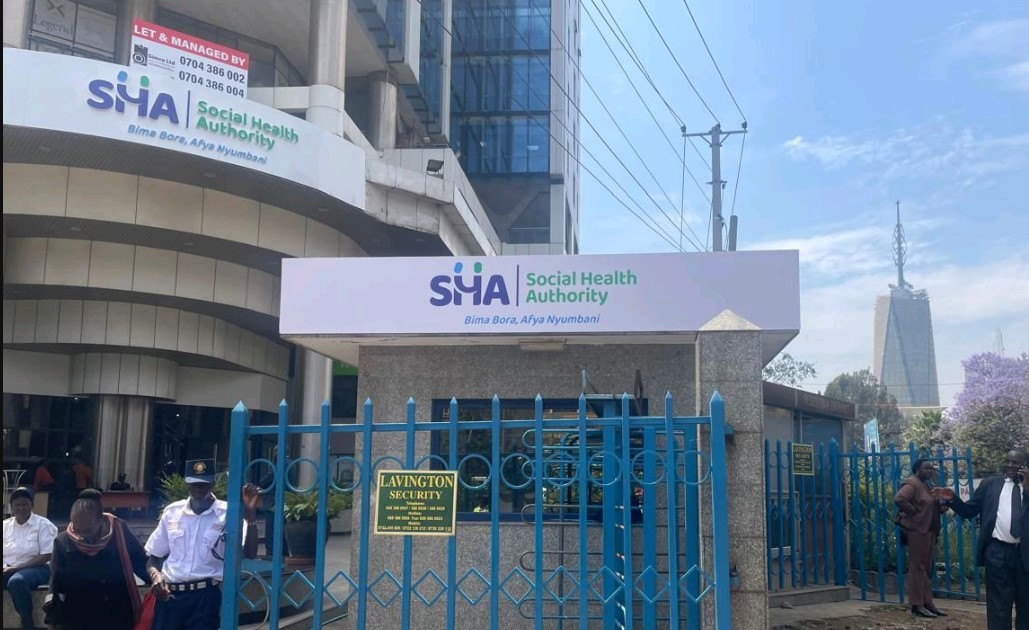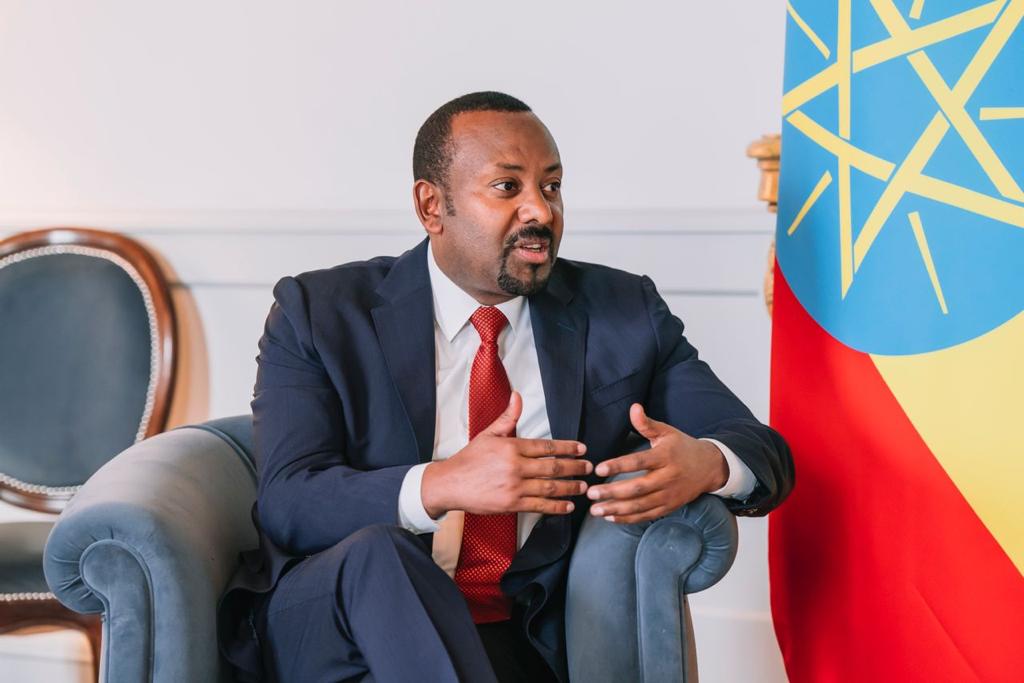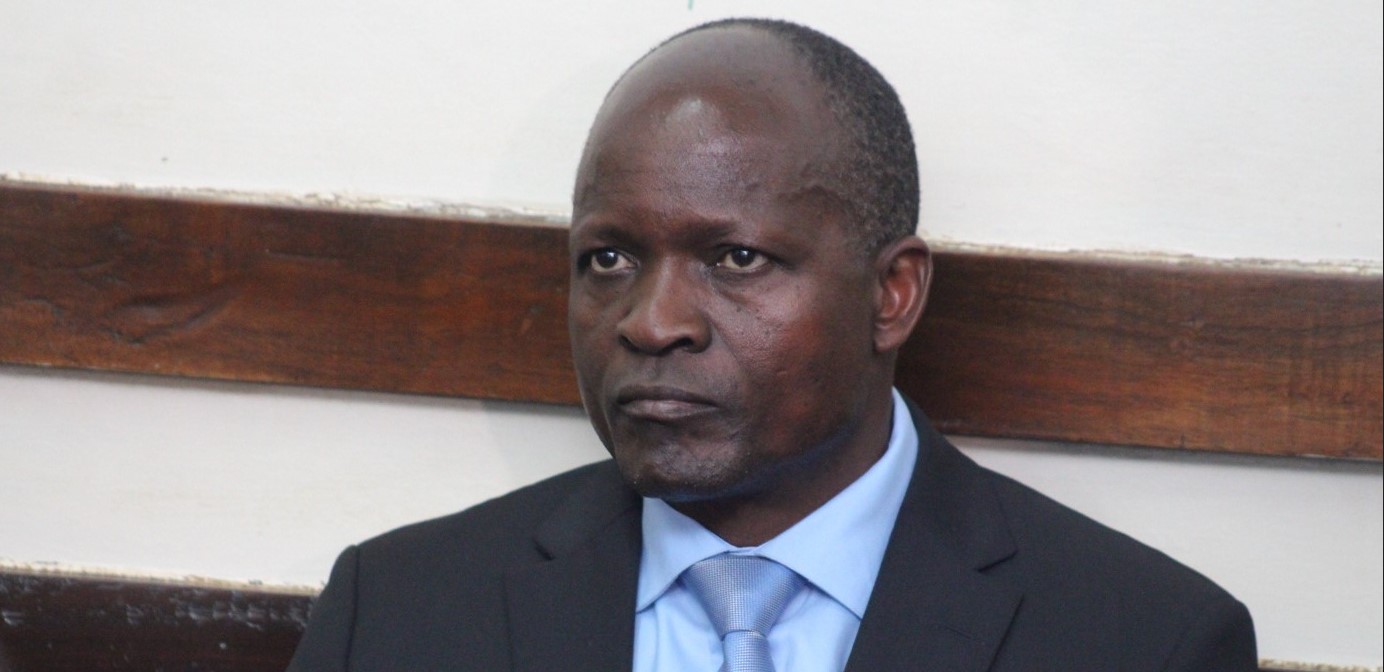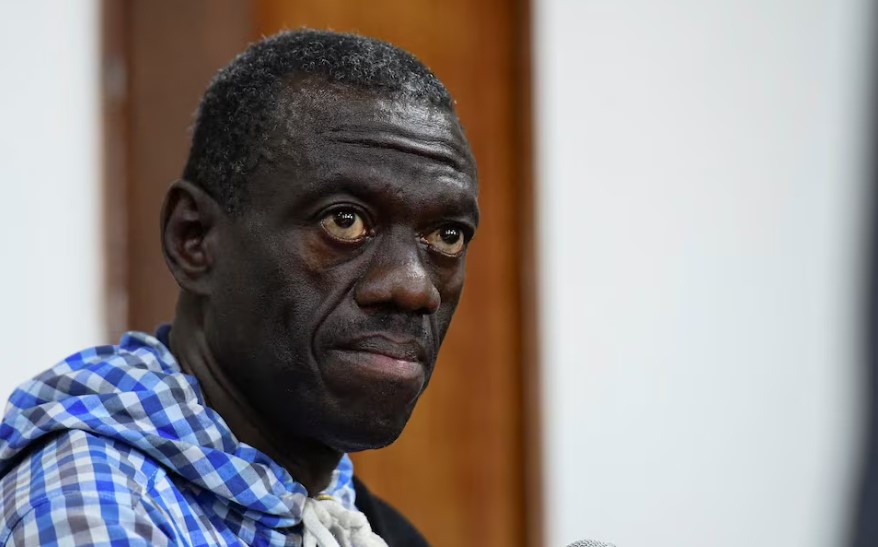Faith-based hospitals reject new SHA contracts over unpaid Sh21 billion debt

Although the organisations were involved in the policy formulation process and shared their reservations, they claim the government has ignored their input.
Faith-based medical facilities and the Rural and Urban Private Hospitals Association of Kenya (RUPHA) have rejected the new Social Health Authority (SHA) contracts, citing unresolved concerns over unpaid dues and unfair contractual terms.
Through their Secretary-General, the faith-based organisations facilities argue that the government has failed to address the payment of over Sh21 billion owed to them by the now-defunct National Health Insurance Fund (NHIF).
More To Read
- From NHIF to SHA: Kenya’s struggle to overcome health insurance fraud, boost affordability
- 45,112 employers face crackdown for failing to remit SHA deductions amounting to Sh21 billion
- Nairobi teen faces childbirth alone after being denied care for lacking ID, SHA
- SHA in crisis: Former NHIF staff in limbo amid Sh9bn retirement gap and court blow to hiring plan
- Kenya secures Sh65 billion Chinese deal to boost local vaccine and medicine manufacturing
- Sifuna: President Ruto has failed Kenyans and doesn’t deserve a second term
Secretary-General Samuel Mwenda said they have refused to sign new contracts, accusing the government of attempting to exclude them from service delivery, leaving Kenyans without access to essential healthcare.
According to Mwenda, their main concern is that with the transition to SHA, the pending payments may be lost and there is no clear assurance from the government that the debts will be settled under the new system.
“The reason why we worry about the transition with the claims pending is that there is going to be a system change, and we have experience in the past where the system changes and the claims that were in the process get lost. It takes time to have them reconstructed, added and paid. We’ve followed up as FBOs, individually, and as of now, it's about Sh6 billion pending," Mwenda said.
RUPHA also voiced similar concerns, with their Secretary-General Brian Lishenga, noting, “The government owes health providers Sh30 billion. For us at RUPHA, it’s Sh15 billion. We have been categorical that there should have been a reconciliation so that each hospital could sign off before NHIF closes. We are concerned that someone could flip the switch one day and all those claims will be lost.”
Although the organisations were involved in the policy formulation process and shared their reservations, they claim the government has ignored their input.
They argue that the new system is a deliberate attempt to undermine their operations by limiting which hospitals can provide outpatient services.
“Hospitals have been providing outpatient services for patients. In the new arrangement, outpatient services can only be provided in level 2 and 3 facilities, which means no other hospital can treat them unless it’s a referral. The other challenge is that there is no system for verification,” Mwenda said.
“Under SHA, it’s illegal for a level 5 hospital to provide direct outpatient care to Kenyans who have been using those facilities. Kenyans don’t know this.”
The umbrella bodies, representing a significant portion of the country's healthcare service providers, have now opted to treat patients on a cash basis since no new contracts have been signed.
They also accuse the government of deception in drafting the SHA contracts, criticising the reduced benefits package as a blow to Kenyans, who, despite increased contributions, will still have to pay out of pocket for certain services.
The unions insist that they will not sign the contracts unless the SHA addresses the problematic clauses.
Top Stories Today












































